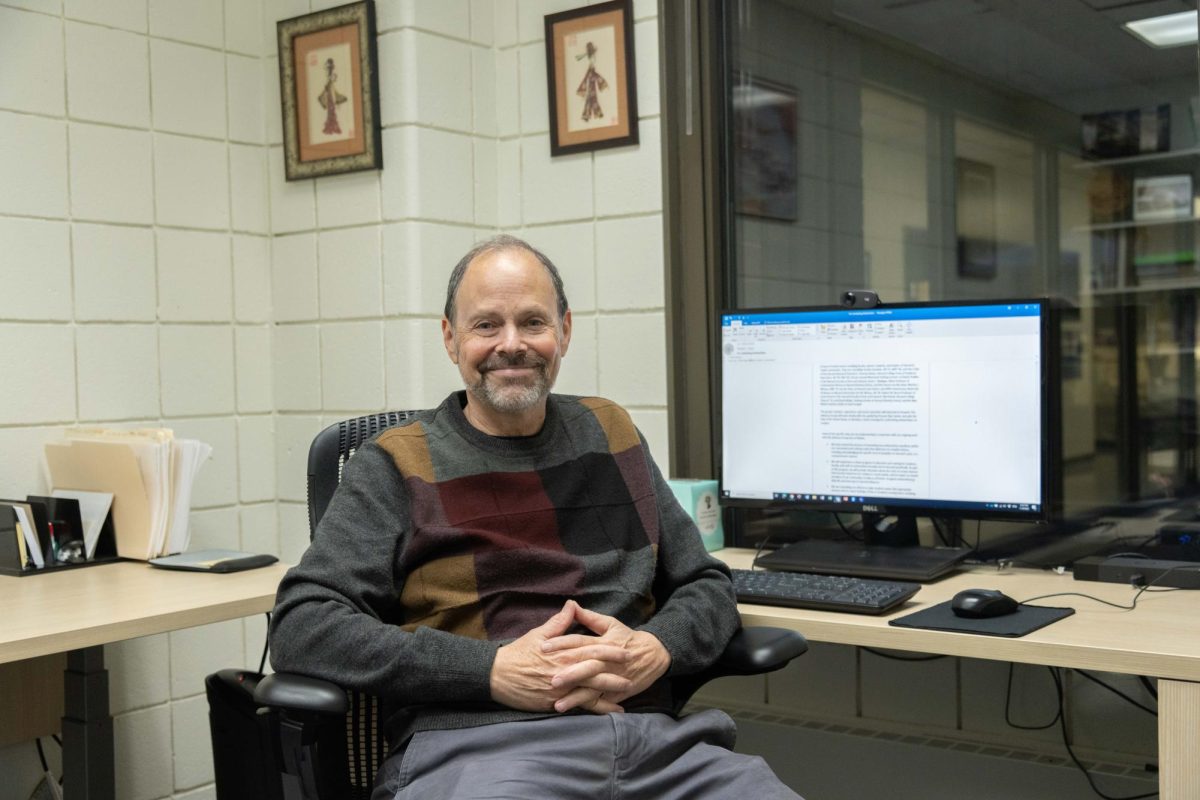Although future scientific advancements may change this, it is a fact of life that biological organisms like humans grow older in the process of aging. As the years go by, there will be things the body cannot repair, leading to loss of bodily functions. Reduced mobility, dementia and other health problems are just some of the things that older individuals will have to deal with. Gerontology, the scientific study of aging, aims to understand these biological and cognitive aspects. Gerontologists also examine the social aspects of aging, such as a person’s relationships at home and at work.
UMass Boston offers both undergraduate and graduate programs in Gerontology. Not only this, but there is a Gerontology Institute at UMass Boston. The Gerontology Institute comprises four centers on campus: the Center for Social and Demographic Research on Aging, the LeadingAge LTSS Center, the Osher Lifelong Learning Institute and the Pension Action Center. The first two centers conduct research on aging, while the latter two provide enrichment and counseling services for the elderly, as explained on the UMass Boston website. [1]
From Nov. 8 to 12, a sizable contingent of faculty, students and staff attended the Gerontological Society of America’s annual scientific meeting. During this four day conference, more than 60 presentations and posters were delivered by the attendees from UMass Boston, as explained in a press release on the UMass Boston website. [2]
The conference was held in the city of Tampa. Although Florida has become a hostile environment for LGBTQ+ citizens, due to the actions of Governor Ron DeSantis, not all of the state is like that. Tampa mayor Jane Castor is openly gay. She has strived to make Tampa a welcoming city. The GSA, for their part, decries the actions of Governor Ron DeSantis. The GSA encourages research of the aging LGBTQ+ population and donations to local LGBTQ+ organizations, as explained on GSA’s website. [3]
Among the UMass Boston attendees, three created a poster presentation focusing on LGBTQ+ older adults. These were Anyah Prasad, Jeffrey Burr and Edward Miller. They were joined by their colleague Karen Fredriksen-Goldsen, from the University of Washington. The authors created a presentation on the “Structural and Functional Aspects of Social Networks and Emotional Well-Being Among LGBT Older Adults.” [4]
Aging LGBTQ+ adults face not only the burdens of age, but their status as LGBTQ+ creating social, economic and health disparities. According to research by Professor Charles Emlet of the University of Washington, there are “higher rates of poor physical health and disability, HIV and psychological distress in the aging LGBT population…LGBT older adults face health inequity and disparities similar to other populations of older adults who are disadvantaged due to income, education level, and racial and ethnic background.” [5]
The research by Professor Emlet, the conference attendees and the GSA themselves, are all a small part of the field of gerontology. Health and aging are closely tied to a society’s treatment of its aging population. To understand a society is to observe how it treats its most vulnerable members. In this respect, gerontology and its sister field, geriatrics—the branch of medicine dealing with the care of the elderly—are important in advocating for the needs of older adults and achieving greater quality of life.
Science is still a very long way off from reversing aging. Until that time, society needs to support the aging population in order to prove that it is worth enduring.
[1] https://www.umb.edu/gerontologyinstitute/
[2] https://www.umb.edu/news/recent-news/gerontology-to-participate-in-national-conference/
[3] https://www.gsa2023.org/
[4] https://bpb-us-w2.wpmucdn.com/blogs.umb.edu/dist/7/3440/files/2023/10/UMass-Boston-Gerontology-at-GSA-2023-10-17-23.pdf
[5] https://www.ncbi.nlm.nih.gov/pmc/articles/PMC5373809/


